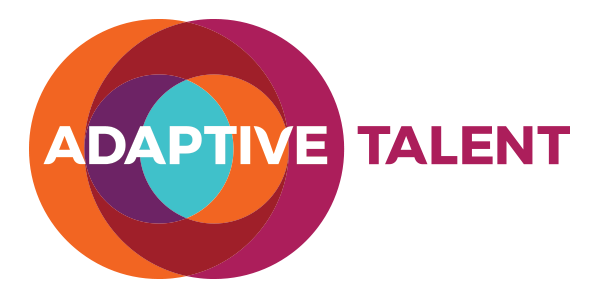Here are some quick tips for any organization who want to proactively develop their employer voice and influence their employer brand:
Remember that an employer brand is not under your control and is not something that can be easily changed via some slick campaign. It’s the result of actions and the organization will need to evolve its processes and talent in order to produce different results.
Acknowledge that you already have different groups within your organization impacting your employer voice: Investor Relations, HR, and Marketing. Each will have different interests and perspectives so coordinate your primary and secondary messages.
The core of an employer brand are your employees, so your messaging needs to include them and be based in reality. If your employees roll their eyes when their read or listen to your perspective, you’ve got big problems that will show itself via customer experiences and the brand. Recession-friendly tip: interview a small group of your employees and ask them how they describe your organization to others. Ask them how they describe your culture, your management practices, competitors, customers, and key issues. Find out what they’ve heard about how others describe your organization, especially candidates and employees at competitor organizations. You are looking for themes and stories that illustrate the employer brand, but you’re not trying to actually create the final product; it’s just data gathering at this point.
I think the most compelling employer voices are those that humanize your strategy: stories about end users, how things have evolved for them because of the organization’s contributions, how you’re going to make your vision a reality for them and what that means for employees, competitors, the sector / industry, etc. Add depth to your story by showing the evolution of those players from the past, to the present, to your vision for the future. Most employers are not very good about creating a narrative about themselves positively and powerfully contributing to the world and leaving a legacy: this misses the opportunity for stakeholders to see themselves connected to that possibility.
If you’re unhappy with your employer brand, you are going to need to act differently in order for it to change. There are no short-cuts here, and it starts with the CEO and executive staff making those improvements a priority. Listen deeply to the multiple perspectives of your past, current, and future stakeholders (employees, customers, candidates, analysts, etc) and have them tell you their unvarnished stories about your organization (and record those stories so others can hear it directly from them). Analyze data, look for trends, and study the competition. In the end, your organizational processes and talent combined to produce an experience for those stakeholders, and changing those processes for the better is the only way you’re going to improve your employer brand. Recession-friendly tip: Use those interviews, with permission, in your employer voice efforts to lend credibility to your position. Everyone knows your organization can’t be all rainbows-and-sunshine all the time, so have people describe the pluses and minuses of your organization’s situation in a way that adds substance to your narrative without affecting its cohesiveness.
Once you have this clarity, create a prioritized plan to close the gaps, validate with key stakeholders, and communicate progress appropriately. You’ll share progress differently depending on each stakeholder, but the key is to make progress, share honestly, and have everything link together in a way that makes sense to current and potential stakeholders.
Spend some time on your careers section of your website. Most are either barren, don’t list open or ongoing hiring needs, or simply lack character. The net result of this is homogenized content: the majority of the people would have trouble remembering one website from another, let alone feel compelled enough to go through the effort of submitting a resume and pursuing an opportunity. Recession-friendly tip: have a group of your articulate employees help you build out the career section of your website, or have an outside consultant help you via a fixed price project that fits your budget. Remember to include your most strategic skill needs, even if you don’t have an open position for them now (clarify that these are future hiring needs and that you encourage people to apply for them now).
Get your employees and hiring managers on the same message, especially those involved with recruiting. Usually this means training them not only on interviewing techniques but also your overall employer voice message / perspective. The worst thing you can do is to develop this perspective but not have it consistently applied or communicated. My suggestion is to have your employees help you develop the employer voice, document it in an accessible way, and then communicate it in team meetings, training sessions, and any process or effort that impacts your employer voice and brand.
Go virtual: The pandemic has shown us that virtual career fairs can work very, very well if you source qualified talent ahead of a virtual event. Instead of coming onsite, people join a small (less than 30 people) hosted by your recruiting team and with quick chats by an executive or someone who is a good ambassador for your company. Have representatives from your employee resource groups if you are trying to recruit specific types of workers (gender, race, vets, etc.).

